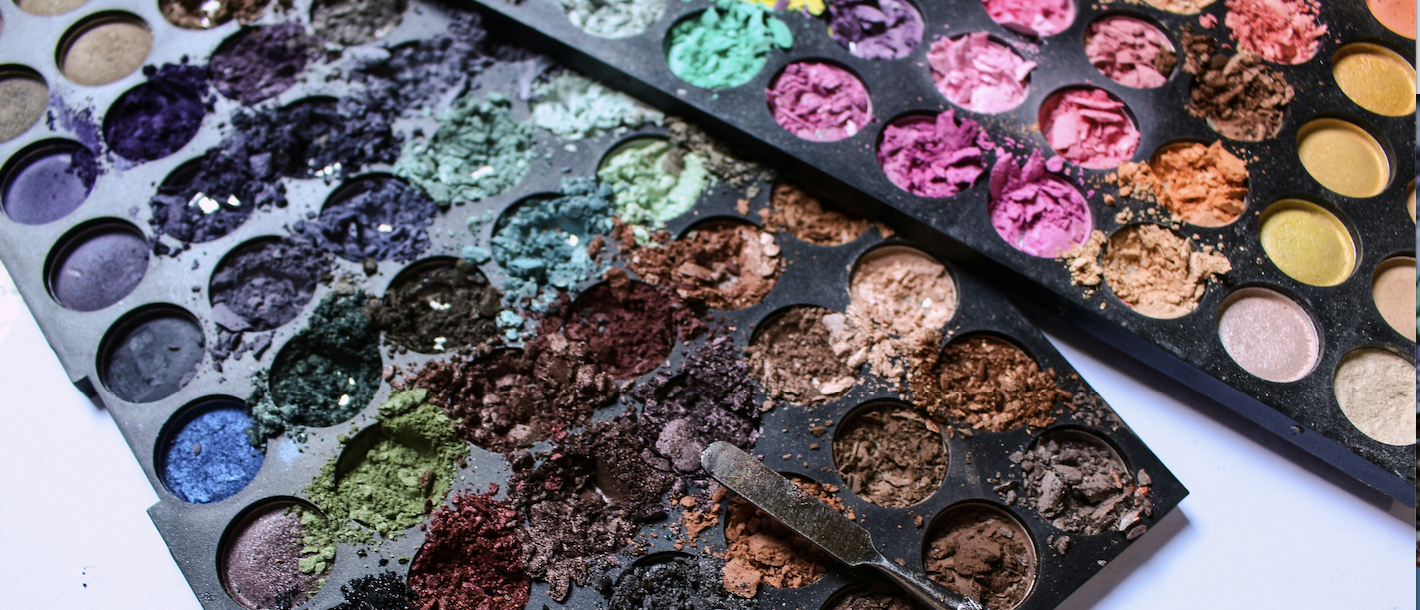
Print & Features Editor Jess Parker uncovers the wider societal issues behind the ‘Sephora Tweens’ TikTok phenomenon, arguing that the COVID 19 pandemic and the fast-paced turn-around of TikTok trends have a lot to answer for
If you’re a regular TikTok user, you’ve probably seen a huge wave of predominantly American content focusing on destructive tweens entering Sephora stores (or any beauty store for that matter), and running rampant with the samples on display. Many of the videos discuss the tweens’ uncaring and brash behaviour, as they run amuck under the not-so-watchful eyes of their millennial parents.
The Influence of Influencers
You guessed it, it’s partly down to the ever-growing role that social media plays in our perceptions of ourselves. TikTok’s constant machine of short-form content is the perfect breeding ground for overconsumption and subtle brand deals, pushing promotional content in the faces of impressionable young users who NEED to have the latest Glow Recipe product or match the most popular aesthetic on the platform.
“TikTok aesthetic trends push overconsumption through the platform’s hastily moving trend cycle
Consider the drastic flip from the ‘Clean Girl’ obsession to the sultry tones of the ‘Mob Wife’ look, and think how hard it must be to keep up with such aggressively contrasting yet equally cash-grabbing aesthetics. TikTok aesthetic trends push overconsumption through the platform’s hastily moving trend cycle, encouraging younger users to play into their roles in society as the most easily influenced consumers.
Further to the aesthetic labels that push the trend cycle forward, TikTok appears to have a deep obsession with holding onto youth and fixating on anti-ageing from a very young age. The pushing of the importance of “preventative” skincare for younger consumers is alarming, and many brands are using their marketing and brand concepts to target the tween demographic. Brands such as Drunk Elephant and Glow Recipe use bright colours in their packaging, cartoonish fonts and logos, and pumps that create fun shapes like flowers to lure in Generation Alpha. According to the British Association for Dermatologists, children as young as eight are being convinced to take up skincare as a priority in day-to-day life, even though many of the products can be harmful or unnecessary for young skin.
Learning Boundaries
Generation Alpha bore the brunt of the COVID-19 pandemic in their earlier formative years, resulting in a clear under-socialisation in comparison to previous cohorts. Having lost a significant chunk of their younger years to a global trauma, data from McCrindle explains that more than four in five adults (84%) believe COVID-19 will play a significant role in shaping Gen Alpha as they grow into adulthood. It is understandable that this chunk of the population may struggle to identify social etiquette that they have not been exposed to for years, leading to the entitled behaviour of taking ‘samples’ and ‘testers’ as literally as possible.
“This chunk of the population may struggle to identify social etiquette
In addition to the impacts of the COVID-19 pandemic, it is important to consider how contemporary parenting methods may have impacted Gen Alpha. ‘Gentle Parenting’ has been adopted by many millennial parents, initially as a way of aiming to undo the generational trauma of many who faced harsh living environments when growing up. The practice avoids the parent raising their voice, demanding anything, or using dismissive words like ‘can’t’ and ‘no’. Although patience is of the utmost importance when raising a child, the millennial-led practice encourages over-lenience and minimal boundaries for the child, ultimately promoting the behaviour that has become apparent through the online phenomenon of Sephora Tweens.
Conclusion
Although online outcry like the response to the Sephora Tweens is often fleeting, it feels important to consider the fact that the behaviour of any given generation is a response to the environment that they were raised in. From online trend cycles to an upbringing with no boundaries, it can be expected that the Sephora Tweens are a microcosm of a larger problem for Generation Alpha: losing some of their most pivotal years as young members of society.
Read more from Life&Style here:
A Look at the Viral ‘Mob Wife’ Aesthetic
Fashion Homogeneity: Unveiling the Quirky Micro-trends Amidst a Sea of Conformity
Ins and Outs: How does social media influence our New Years resolutions

Comments